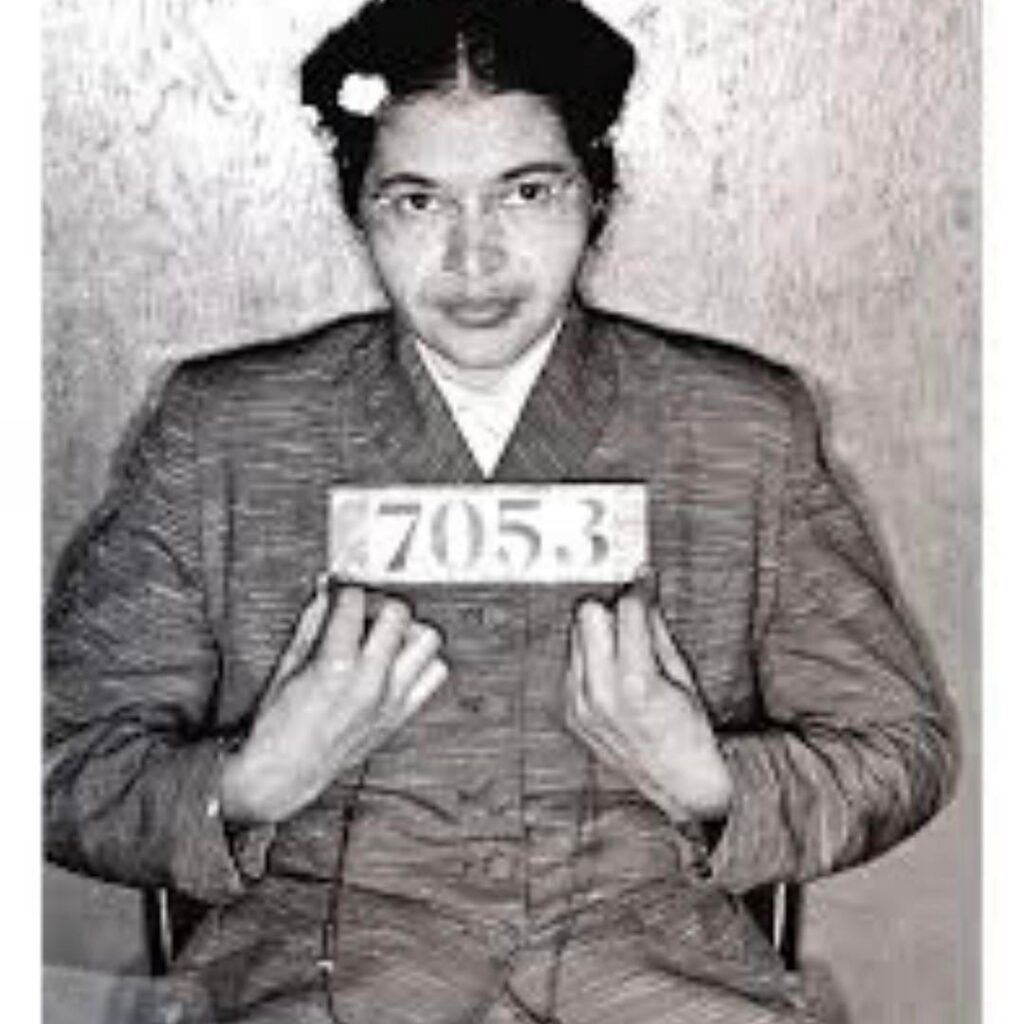Rosa Parks, often referred to as “the mother of the civil rights movement,” passed away on October 24, 2005 at the age of 92. Parks became a symbol of resistance and courage after her refusal to give up her seat to a white man on a segregated bus in Montgomery, Alabama, in 1955. Her death marked the end of a remarkable life dedicated to fighting racial inequality. This article explores the details of Rosa Parks’ death, her impact, and her lasting legacy.
About Rosa Parks

| Attribute | Details |
|---|---|
| Full Name | Rosa Louise McCauley Parks |
| Date of Birth | February 4, 1913 |
| Place of Birth | Tuskegee, Alabama, USA |
| Nationality | American |
| Occupation | Civil Rights Activist |
| Famous For | Montgomery Bus Boycott, Civil Rights Movement |
| Date of Death | October 24, 2005 |
| Age at Death | 92 years old |
Rosa Parks was an influential figure in the American Civil Rights Movement. Her simple act of defiance on a Montgomery bus ignited a wave of activism that led to the dismantling of segregation laws in the South. Her contribution to social justice is remembered worldwide, and her legacy continues to inspire people fighting for equality.
How Did Rosa Parks Pass Away?

Rosa Parks’ death was due to natural causes. She passed away peacefully in her apartment in Detroit, Michigan, on October 24, 2005. Parks had been suffering from progressive dementia, which she was diagnosed with in 2002, but she lived a long life dedicated to the pursuit of equality and justice. Her passing was not sudden, and she was surrounded by family and friends during her final moments.
Her death was widely mourned, with tributes pouring in from leaders, activists, and admirers around the world. In recognition of her immense contribution to civil rights, her body was placed in honor at the U.S. Capitol Rotunda, making her the first woman and second African American to receive such an honor.
Rosa Parks Age During Death
At the time of her passing, Rosa Parks was 92 years old. She had lived a long, impactful life, fighting against racial injustice and segregation from her early days in Alabama to her later years in Detroit. Despite the challenges she faced during her life, Parks’ activism and commitment to civil rights never wavered.
What Was Rosa Parks’s Profession?
Rosa Parks was a civil rights activist, but she also worked as a seamstress before becoming a symbol of the Civil Rights Movement. Her activism began long before her famous arrest on the bus in Montgomery.
Parks had been involved with the NAACP (National Association for the Advancement of Colored People), where she served as a secretary, and was actively involved in organizing efforts to improve the lives of African Americans in the South.
Her act of defiance on December 1, 1955, when she refused to give up her seat on a segregated bus, led to the Montgomery Bus Boycott, a pivotal event in the Civil Rights Movement. This 381-day boycott led to a Supreme Court decision that declared segregation on public buses unconstitutional. Rosa Parks became a symbol of resistance and courage, inspiring generations to stand up for their rights.
Throughout her life, Parks remained committed to civil rights, working with organizations and continuing her advocacy well into her later years.
Controversy Around Rosa Parks’s Death

There was no controversy around Rosa Parks’ death, as it was the result of natural causes, and she passed away peacefully. However, throughout her life, Parks faced numerous challenges and controversies due to her role in the Civil Rights Movement.
Despite her critical role in ending segregation, Parks often lived in poverty and obscurity after moving to Detroit in the 1960s. In her later years, she struggled with financial difficulties, which many felt was unjust for someone who contributed so much to American society. Fortunately, a group of donors and civil rights supporters, including the Rosa and Raymond Parks Institute for Self Development, helped ensure that she was financially supported in her final years.
Her death brought attention to the ongoing struggle for civil rights and the importance of honoring those who have paved the way for freedom and equality.
Rosa Parks’ death marked the end of a life dedicated to the fight for racial justice, but her legacy continues to inspire countless people around the world. Her courage in standing up against segregation sparked a movement that changed the course of history, and her contributions to civil rights will never be forgotten.
